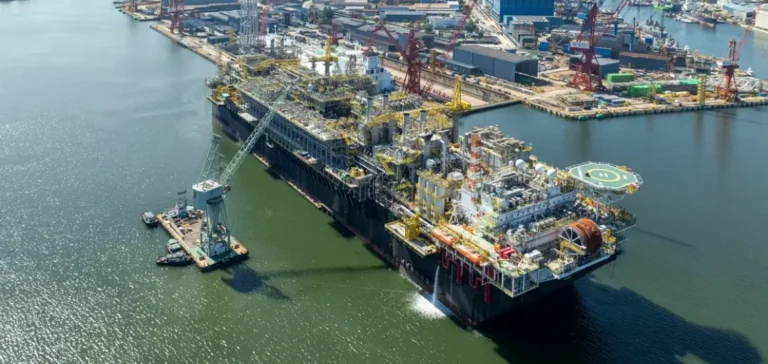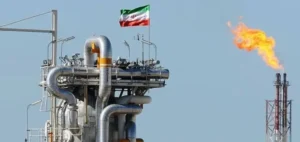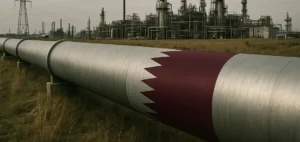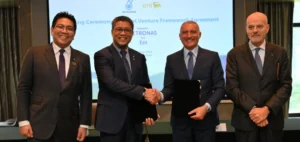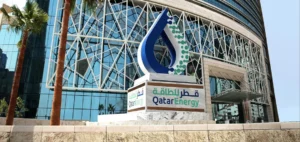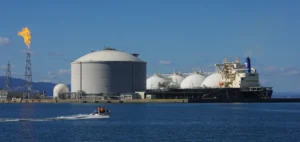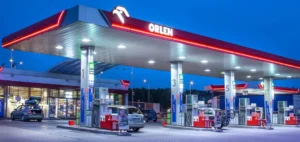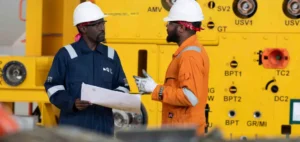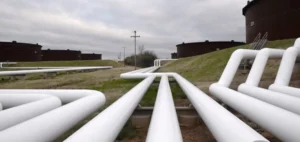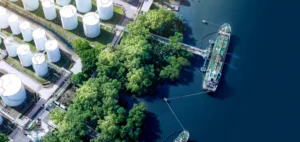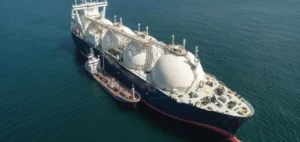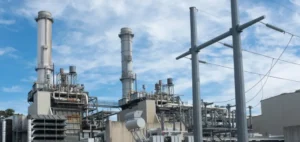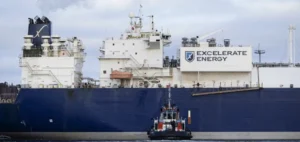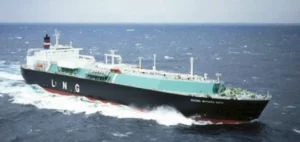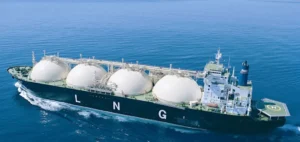The liquefied natural gas (LNG) carrier Voskhod, targeted by sanctions imposed by the United States government, made a stop this week at the Arctic LNG 2 plant located in the Russian Arctic region. Data from maritime tracking platforms, including LSEG and Kpler, confirmed that Voskhod docked at the site, highlighting the resumption of certain logistical operations at this sanctioned terminal. This docking marks the second visit of a sanctioned vessel at Arctic LNG 2 since the beginning of the year.
Loading operations under scrutiny
Kpler data indicate that Voskhod was unloaded while heading toward the Arctic LNG 2 plant, suggesting cargo movements despite the sanctions context. In June, a first sanctioned vessel, the Iris, had already docked and loaded a cargo at the site, bringing the total number of cargoes to nine for this facility since its launch. The Iris is currently located near Kolguyev island in western Russia, according to real-time tracking data.
Changes among vessel managers
In October, the United States Department of State expanded its sanctions to several liquefied natural gas transport vessels, including Voskhod, formerly known as North Mountain. According to the Equasis database, Voskhod’s registered owner remains LNG Beta Shipping, while the vessel’s commercial manager changed on May 23 to Igarka OOO, a company based in Moscow. It was not possible to reach either LNG Beta Shipping or Igarka OOO for comment.
Capacity and uncertainties for Arctic LNG 2
The Arctic LNG 2 project, 60% owned by Russian company Novatek, was designed to become one of the country’s largest LNG plants, with a target capacity of 19.8mn tonnes per year. However, the implementation of international sanctions has weakened the project’s commercial prospects, complicating the marketing of its output. According to maritime tracking database information, the number of dockings and loadings at the site remains limited since the start of the year.
Russian LNG supply flows remain closely monitored against the backdrop of the conflict in Ukraine and Western restrictive measures. A maritime sector spokesperson told Reuters that “each operation today involves increased challenges for operators subject to sanctions” (Reuters reported on July 17).


